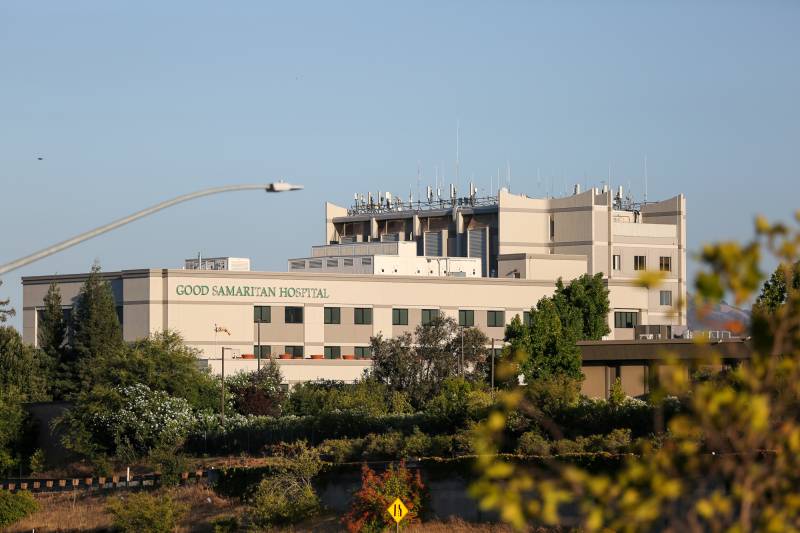San José leaders on Tuesday night unanimously approved a $1.2 billion proposal from a private firm to build two new wings at Good Samaritan Hospital on the city’s west side, despite concerns about the for-profit hospital owner’s controversial record of cutting services or shuttering facilities at its properties when profits drop.
While HCA Healthcare — the largest private hospital operator in the country — said the new facilities at the hospital are needed to comply with heightened state earthquake safety standards, some council members, residents and patient advocates were apprehensive about approving a massive project for a company that has reduced critical health care options across the city in recent years.
The move comes after HCA last year announced plans to close its trauma center at Regional Medical Center hospital in East San José while also cutting its severe heart attack and stroke services — a decision it walked back slightly after prolonged protests.
Councilmember Peter Ortiz, who represents the community that hospital is located in, was among those pushing to defer Tuesday’s vote by a month to allow more time for discussion about a community benefits agreement that would “safeguard the health of residents” and ensure HCA would be a good partner going forward.
“We’re at this juncture because HCA, a Fortune 500 company, has consistently cut services in the name of profit,” Ortiz said during the meeting.

